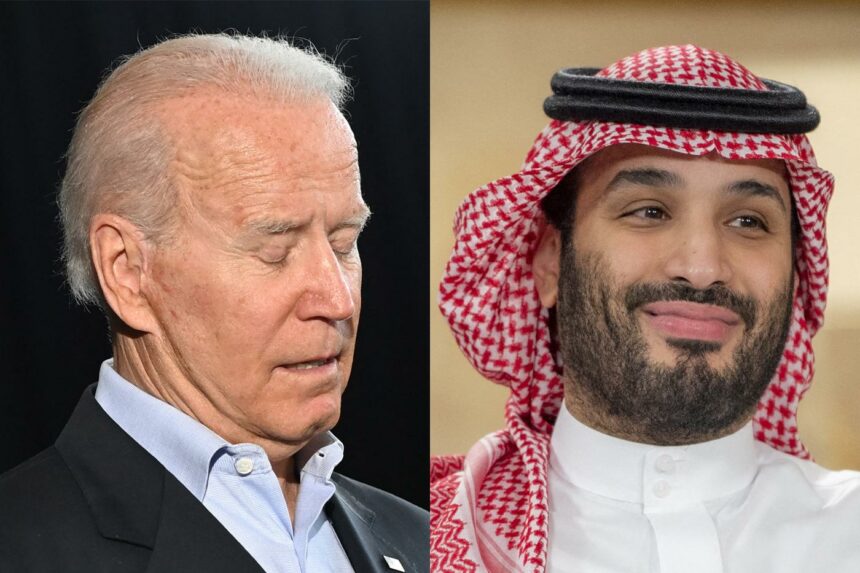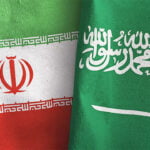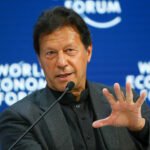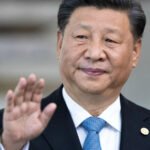The Saudi foreign ministry stated in a statement on Thursday that the OPEC+ decision was taken by unanimity, considering the balance of supply and demand, and was intended to reduce market volatility.
Following OPEC+’s announcement last week that it will lower its aim for oil output by two million barrels per day, US President Joe Biden promised earlier this week that “there will be repercussions” for US alliances with Saudi Arabia.
After weeks of opposition from US officials, OPEC+, the producer group made up of the Organization of the Petroleum Exporting Countries (OPEC) and its allies, notably Russia, unveiled its new output target.
Before the US midterm elections in November, when the Democrats are attempting to keep hold of the House of Representatives and Senate, the OPEC+ decrease has sparked worries in Washington about the potential for increased gasoline prices.
The United States was consulted before the Oct. 5 OPEC+ summit, during which it was requested to postpone the reduction by one month, according to the Saudi Foreign Ministry’s statement on Thursday.
The Saudi foreign ministry issued a statement that read, “The Kingdom clarified through its ongoing consultations with the US administration that all economic studies appear to suggest that delaying the OPEC+ decision for a month, according to what has been suggested, would have resulted in negative economic consequences.”
Once Joe Biden gave Mohammed bin Salman, the de facto ruler of Saudi Arabia, a fist jolt in Jeddah in July, it was seen as a painful example of pragmatism: Biden, who had vowed to make Saudi Arabia a failed state over the killing of the dissident reporter Jamal Khashoggi, was hanging out with the man who is thought to have ordered the hit. Today, it looks the gambit was a bust, and the connection is in ruins.
The US is angry at Saudi Arabia’s decision to cut the OPEC+ oil supply to favor Russia because Biden traveled to Saudi Arabia to persuade the nation to raise oil output in order to reduce the rise in gasoline prices brought on by Russia’s invasion of Ukraine. However, a sudden drop in production, which will raise prices, was agreed to by Saudi Arabia and its other OPEC+ members, including Russia, last week. Vladimir Putin benefits without question.












